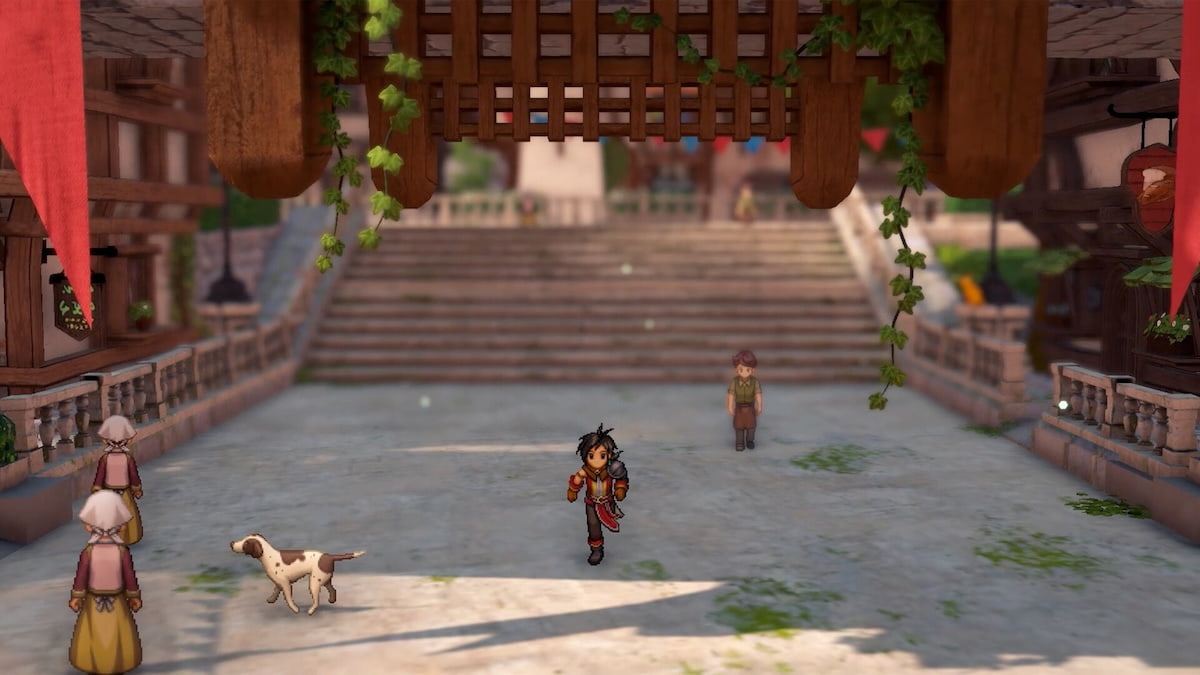It’s plain as day by now that Helldivers 2 is a cornerstone release for both Sony as its publisher and Arrowhead as its developer, but the buck doesn’t stop at crossover content. Sony has just announced that there’s a Helldivers film in production, alongside an adaptation of Horizon: Zero Dawn.
You read that right: Sony Pictures is now working on an honest-to-goodness Helldivers film, as shared by none other than Geoff Keighley on Twitter. Further, IGN has reported on an upcoming collaboration between PlayStation Studios and Columbia Pictures to produce a re-telling of Horizon: Zero Dawn, which is in a category all of its own. These announcements kind of overshadowed the smaller one that Crunchyroll will host the upcoming Ghost of Tsushima anime, which is set to release sometime in 2027. A massive assortment of high-grade media, then, but what does it all mean?
Expect Horizon: Zero Dawn, Helldivers 2, and Ghost of Tsushima films and series in the future
For the most part, both the Horizon and Ghost of Tsushima adaptations are fairly straightforward offerings in the grand scheme of things. “Just imagine, Aloy’s beloved origin story set in a vibrant, far future world filled with giant machines, brought to you for the first time on the big screen,” said the head of PlayStation Productions Asad Quizilbash, plainly telling us what to expect out of this particular movie. The president of Crunchyroll, Rahul Purini, said “The Ghost of Tsushima anime will offer fans an exciting new way to experience the game in an anime style that will be bold and groundbreaking.”
In other words, even though these projects are interesting, anyone who’s played Horizon: Zero Dawn or Ghost of Tsushima will know what to expect from them. That’s fair, of course, just somewhat unexciting compared to the total, absolute unknown that is the Helldivers film.
For starters, both Horizon and Ghost of Tsushima are character-driven and story-heavy games that should lend themselves very well to their respective movie adaptations. Helldivers is not that at all. In fact, I’d go so far as to say that the sheer chaos of combat and disassociation from the characterization of this series makes it very difficult to adapt for the silver screen.
Further, note that the featured image doesn’t say Helldivers 2, but just Helldivers. It’s clear that this is going to be a standalone story of some sort that’s presumably going to establish the franchise universe in some way, shape, or form. Heck, it might even be a re-telling of sorts of the original Helldivers‘ broad narrative beats, which might work well.
Since we’ve got absolutely no specifics to work with, we’ll just have to wait and see what comes of it all. It’s going to be particularly interesting to see how involved Arrowhead Games ends up being, and if the project can elevate itself from retreading the likes of Starship Troopers, for example. Exciting news all around, however, though it’ll take a while before we hear more about any of these projects.





Published: Jan 7, 2025 04:25 am